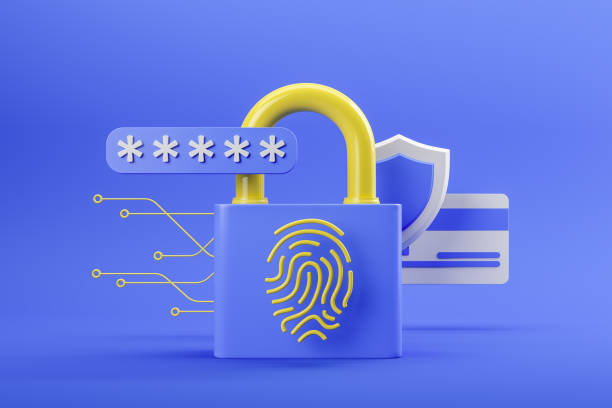sadafhasan
Top 7 Reasons Why Businesses Need Managed Private PKI Services
With the advancement and increased use of technology, the incidence of data breaches has also climbed significantly. In 2022 only, there were approximately 52 million data breaches worldwide. The major reason behind these data breaches is the lack of robust security measures.
Such breaches not only steal data but can also lead to significant financial losses, leading to disruptions of businesses around the globe. In addition, it can also have a negative influence on the economy of a particular country.
Hence, it has become crucial for every organization to adopt the latest security measures to fight data breaches. Although there are numerous ways to enhance online security, the most robust is managed PKI Services.
PKI (Public Key Infrastructure) is a security framework that governs the issuance of digital certificates to protect data, provide unique digital identities, and secure end-to-end communication. Organizations implement PKI to enhance security through encryption. The encryption framework involves a public key and a private key. Anyone can use a public key to encrypt a message. Whereas the private key, also known as a secret key, is used by one person to decrypt those messages.
There are numerous reasons to implement managed PKI, some of which are mentioned below.
1. Speed to Market And Scalability

One of the significant reasons to use managed PKI services is the ease of implementation. To set it up, you need not hire personnel or set up facilities, technology, and processes. Furthermore, compared to in-house PKI, you can begin implementing it much quicker and more cost-effectively.
A Manage PKI also offers scalable identity provisioning that can be increased or decreased per the demands in the market or the company's goal.
2. Offer free Hardware Security Modules
Hardware Security Modules (HSM) are vital equipment to protect keys and cryptographic operations from theft. The HSM is used by managed PKI in the form of custom peripheral cards or appliances and requires zero initial cost. Whereas when you set up in-house PKI, it requires bearing the initial cost of CAPEX investment linked to HSM.
3. Provide Complex Device Identities

Another significant advantage of using a managed PKI is that it offers device identities with complex certificates. These certificates are highly flexible, more functional, and protective compared to the standard X.509 certificates.
Although the X.509 certificate offers authentication and allows secure communication, it lacks certain security measures. For example, the X.509 certificate can't enable the device to verify the authenticity of firmware updates or various codes and can't store data securely.
4. Manage Digital certificates For the Entire Lifecycle
With an in-house PKI, managing device identities throughout the lifespan of an IoT device is a challenging task full of complications. On the other hand, the managed PKI service thoroughly checks the issuing, renewal, use, and potential misuse of the digital certificate over the entire lifecycle. Furthermore, the managed PKI service maintains a Certificate Revocation List that identifies all the misused and compromised certificates. A compromised security certificate can allow hackers to breach the ecosystem of a particular organization and steal sensitive data.
5. Shield Facilities And Provide Protection From Insider Threats

Implementing managed PKI services help organizations in securing the whole data infrastructure. It does so by implementing a range of security measures to protect against any data theft. These security measures can include surveillance of all areas, biometric authentication to control access and authorization, and a reliable disaster recovery process.
Besides, PKI also protects all systems from insider threats by implementing regular security checks of employees and using multi-custody protocols.
6. Flexible Provisioning Options

A managed PKI service offers both cloud-based field provisioning and factory-based provisioning.
In factory-based provisioning, all the identities are bound to the device during manufacturing, with security keys inserted into hardware through programmable chips.
A cloud-based provision is used when there is increased complexity or decreased security. For example, there are several stages in a device supply chain, which increases the security threat due to the use of third-party manufacturers' devices.
In cloud-based provisioning, a device is provided with a minimal identity at production time. So, when the device is deployed in the field, it receives a secure identity through cloud-based delivery and is easily authenticated.
7. Low Total Cost of Ownership (TCO)
One significant advantage of managed PKI is that it reduces overall TCO. It is because managed PKI services eliminate the need for an expert internal IT specialist and minimize the capital expenditure required for on-premise hardware, software, and data center.
Moreover, managed PKI requires less maintenance and support, reducing overall operating expenses.
Conclusion
With the increasing cybercrimes and data theft incidents, implementing robust security measures has become vital for all organizations worldwide. Although numerous security measures exist, managed PKI services are among the most robust and latest. Implementing PKI will help your organization to secure sensitive data, that too at a reasonable cost.
by sadafhasan on 2023-04-26 02:24:11